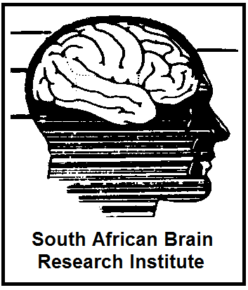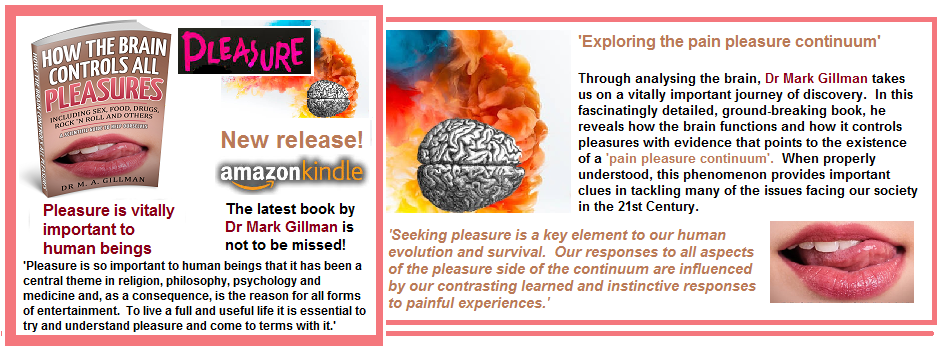Novel Addiction Therapy
Over 20,000 cases of the alcoholic withdrawal state have been successfully treated with PAN in South Africa and Finland. In 1992 it was officially approved for the treatment of addictive withdrawal states by the medical authorities in South Africa. Consequently, patients receiving it can claim a refund from their medical insurance. The gas therapy reduces the use of highly addictive sedative medications (like benzopdiazepines and barbiturates) by over 90%. The technique thus reduces the danger of secondary addiction to benzodiazepines, which can be a real problem amongst alcoholics who have been treated with these agents. A further advantage is the rapidity of onset of beneficial effects (literally within minutes of administration). The rapid initial improvement is followed by a shorter stay in hospital than traditionally; a reduction in most cases of 20% or more. The economic benefits include reductions in therapy costs as well as enabling the patient to resume his or her occupation sooner. The speed of effect makes the gas therapy an excellent screening test suitable for safe use on an out-patient basis. The small percentage of patients that do not almost immediately respond, i.e. within 40 minutes of its initiation, are likely to become severely ill and require intensive in-patient therapy. All those that do respond rapidly and positively to the gases can therefore be safely treated as out-patients.
The economic advantages of the gas treatment and the simplicity of administering it have made it ideal for treating patients in the rural areas, where it was introduced successfully ten years ago. Extension of this safe, rapid effective therapy to other Third World countries offers obvious socio-economic benefits.
SABRI’s withdrawal treatment has been extended to an out-patient setting and has proved useful in treating other addictive states, including heroin, nicotine, cocaine and cannabis addiction. It is currently being used successfully at a number of governmental, quasi-governmental and private addiction facilities in South Africa and in private medical practice. It was successfully introduced to Scandinavia in 1990 and drug authorities in the USA in 2000. And drug authorities in Canada, United Kingdom, Germany, China, India and Israel have expressed interest in the therapy.
The efficacy of the PAN therapy has indicates that the endorphin system is underactive in alcoholism and other addictions. The substantial improvement of approximately 50% of patients treated with oxygen alone, suggests that the endorphins may be involved in producing the placeboa response, particularly in addictive withdrawal states. The vast majority of those who are recalcitrant to placebo gas (oxygen or air) then respond to PAN.
a Footnote: A placebo response is a response to a substance which appears to be psychologically neutral and yet provides a positive therapeutic effect.
Click here to get your copy of the latest book by Dr Mark Gillman!
https://www.amazon.com/dp/B07B21J7JW

